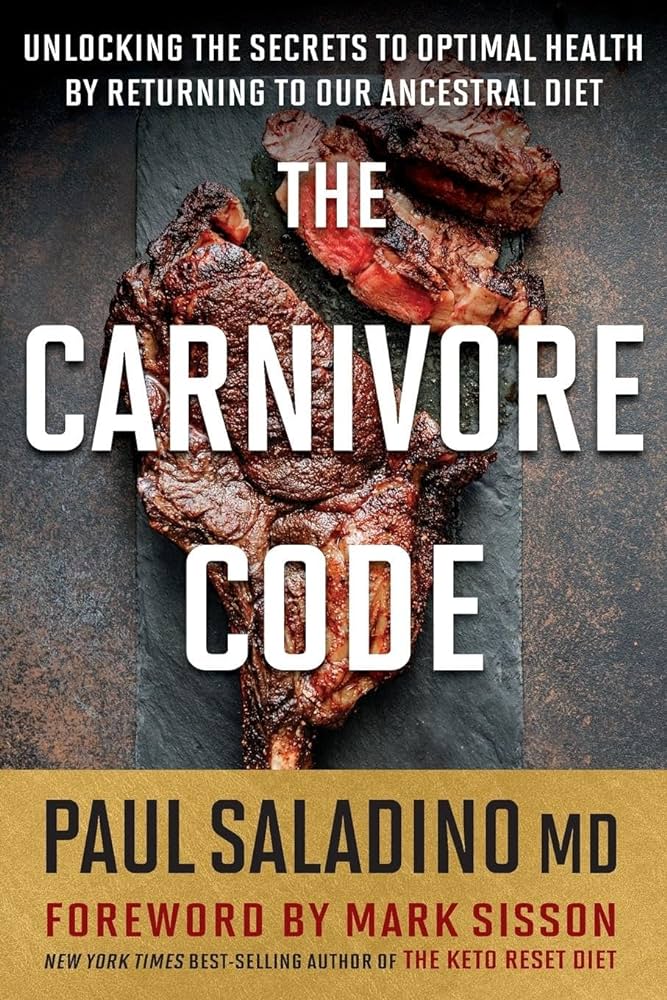
Proper nutrition is essential for maintaining a healthy lifestyle, and dietary education is crucial in helping individuals make informed decisions about their eating habits. With the abundance of misleading information and fad diets available today, separating the facts from the myths can be challenging. That’s where dietary education comes in.
The Importance of Dietary Education
Many people have misconceptions about what constitutes a healthy diet. They may believe they must follow restrictive eating plans or eliminate entire food groups to achieve their health goals. However, dietary education emphasizes the importance of balance and variety in food choices.
By educating oneself about nutrition, individuals can learn how to fuel their bodies with the proper nutrients, vitamins, and minerals. They can also understand the impact of their dietary choices on overall health and well-being. With dietary education, people can make informed decisions about their foods.
Credit: www.meccabooks.com
The Role of Dietary Education in Disease Prevention
Poor nutrition is a significant risk factor for many chronic diseases, including obesity, diabetes, cardiovascular diseases, and certain types of cancer. Individuals can learn about preventive strategies and reduce their risk of developing these conditions by engaging in dietary education.
Dietary education promotes a balanced diet, which includes a variety of fruits, vegetables, whole grains, lean proteins, and healthy fats. It also encourages reducing the intake of added sugars, sodium, and saturated and trans fats. By adopting these dietary principles, individuals can maintain a healthy weight and decrease their risk of chronic diseases.
Components of Effective Dietary Education
Effective dietary education involves a holistic approach that encompasses various components, including:
- Nutrition Information: Providing accurate and up-to-date information about macronutrients, micronutrients, and dietary guidelines.
- Meal Planning: Teaching individuals how to plan and prepare balanced meals that meet their nutritional needs.
- Label Reading: Education on deciphering food labels, understanding ingredient lists, and making informed grocery shopping choices.
- Portion Control: Encouraging individuals to understand appropriate portion sizes to avoid overeating.
- Behavior Change: Addressing the psychological and emotional aspects of eating to promote sustainable dietary habits.
- Community Support: Creating a supportive environment where individuals can share their experiences, challenges, and successes with others.
Implementing Dietary Education
Dietary education can be incorporated in various settings and target populations, including schools, workplaces, healthcare facilities, and community centers. It can be delivered through workshops, seminars, online resources, and one-on-one counseling sessions with registered dietitians or nutritionists.
Parents and caregivers also play a crucial role in providing dietary education to children. By teaching them about healthy food choices from a young age, they can establish lifelong habits that promote optimal nutrition.
The Benefits of Dietary Education
With proper dietary education, individuals can experience numerous benefits:
- Improved overall health and well-being
- Increased energy levels
- Weight management and weight loss
- Reduced risk of chronic diseases
- Enhanced mental clarity and focus
- Better mood and emotional well-being
- Improved digestion and gut health
- Better sleep quality
Dietary education is not a one-time endeavor. It is an ongoing process that requires continuous learning and adjustment as new information emerges. By staying informed and making conscious dietary choices, individuals can pave the way for a healthier, happier, and more fulfilling life.
Remember, knowledge is power, and when it comes to nutrition, dietary education is the key!
Frequently Asked Questions On Dietary Education: Unlocking The Secrets To Optimal Health
What Is Dietary Education And Why Is It Important?
Dietary education is learning about healthy eating habits and the impact of nutrition on our overall well-being. It is important because it empowers individuals to make informed choices about their diet, promoting optimal health.
How Can Dietary Education Benefit Me?
Dietary education can benefit you in various ways. It provides knowledge about nutrient-rich foods, portion control, and meal planning, leading to weight management, improved energy levels, and a decreased risk of chronic diseases.
Where Can I Find Reliable Sources For Dietary Education Information?
Reliable sources for dietary education information include reputable websites from government health agencies, registered dietitians, accredited nutrition courses, and scientific research publications.
How Does Dietary Education Help In Achieving Weight Loss Goals?
Dietary education helps achieve weight loss goals by teaching proper nutrition and portion control. It enables individuals to make healthier food choices, create balanced meal plans, and understand the impact of different foods on their body composition.

